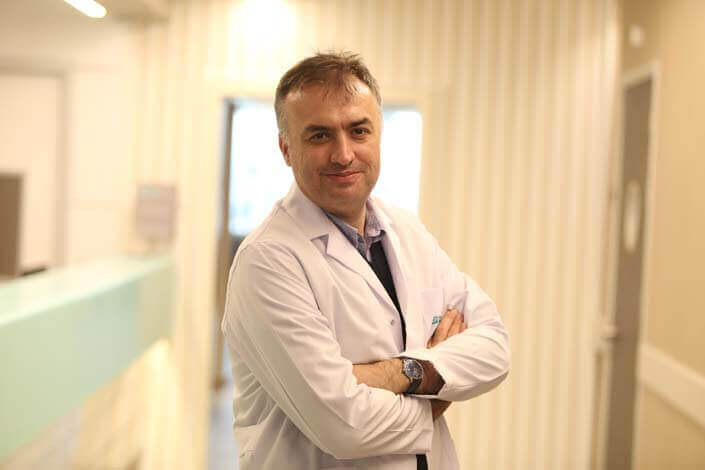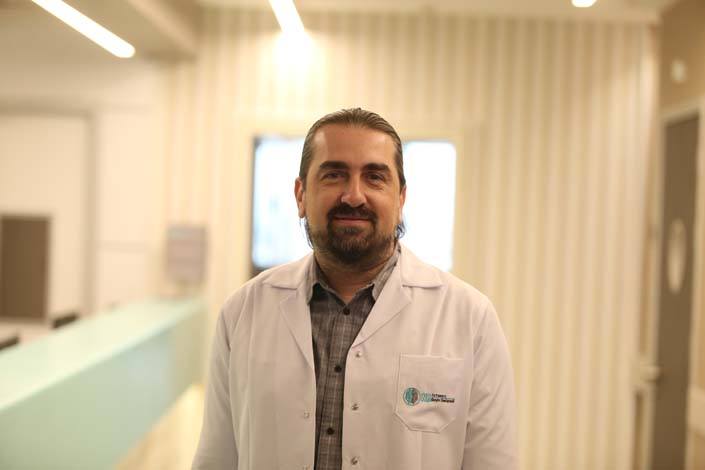Vertigo
Vertigo
It is the word that means rotation. Because it is a complaint, it should not be used as a disease name. In the real sense; is the illusion of motion, is to perceive the movement as if there is a movement

What are the Symptoms of Vertigo?
The reason why we perceive the illusion of motion as if it were a movement is the emergence of a mismatch in the information sent from our vestibular system in our inner ears to our brain continuously.
The most common causes of true vertigo are related to the inner ear where the vestibular system is located, for example BPPV (Benign Paroxysmal Positional Vertigo), Menier's Disease, Vestibular neurinitis are the most common diseases that cause vertigo. In addition, diseases affecting the brain stem, where the center of the vestibular system is located, are among the causes of vertigo. During the course of acute and chronic otitis media, vertigo may occur as a result of the inner ear being affected by ilthaptus, and an effective intervention is required.
What are the causes of Vertigo?
Difficulty in standing, , and dizziness can be described as a feeling of emptiness. However, the real vertigo is generally rotational, with the rotation of the environment or the person turning itself.
Since vertigo is a subjective emotion, the most important step in investigating the cause of vertigo is to take the history of the patient's complaint, which is noted for its characteristics. Here, the duration of vertigo, whether it is related to head position, other complaints, whether there is loss of consciousness is questioned. The next step is a physical examination and also ancillary diagnostic tests can be used. Tests include audiological tests, videonistagmography, caloric tests, positional tests.
How is it treated?
Since vertigo is not a disease but a symptom of a disease, the disease diagnosed must be treated. For example, the treatment of the most common Benign Paroxysmal Positional Vertigo is done by maneuvers according to this section after detecting which part of the inner ear is the cause of vertigo in the first stage. In vestibular neurinitis, drug treatment is applied. If Menier Disease causes dizziness, different treatment methods are applied to this disease.
If an acute otitis is detected as a cause of vertigo, it is necessary to relieve the inflammatory accumulation in the middle ear by myringotomy with medication. If there is a chronic otitis media, the infection in the ear canal should be cleaned by surgery and the affected part of the inner ear should be repaired.




